Eco-labels have been around for almost three decades and although the use of some ecolabels is growing, their effectiveness is still being investigated. This book provides an overview of the main eco-label categories, their meaning and specifications, and explores their use in various contexts. It recommends areas for further research to determine the actual environmental and economic benefits of eco-labelling. Worldwide, there are numerous labelling programmes, developed by businesses, government agencies and non-governmental organizations. Each label has its own criteria that products need to meet certification parameters. Around 30 to 40% of environmental stress is caused due to consumer behaviour. For this reason, altering consumer behaviour is a key point in Agenda 21, a plan of action passed by over 170 countries at the 1992 United Nations Conference for the Environment and Development in Rio de Janeiro. Agenda 21 explicitly mentions environmental labelling as an instrument for enhancing the environmental quality of products.
The book has two sections which explain the concept, issues and challenges faced by ‘Ecolabels’; and industry and country experiences that support the demand for creating awareness world over. Sections are titled I) Issues and Challenges II) Industry / Country Experiences.
The book examines into present-day issues concerning Eco-labels. It emphasizes, yet that additional research required is to demonstrate the environmental, social and economic benefits of eco-labelling both at micro and macro levels for making world an eco-friendly place to live in.

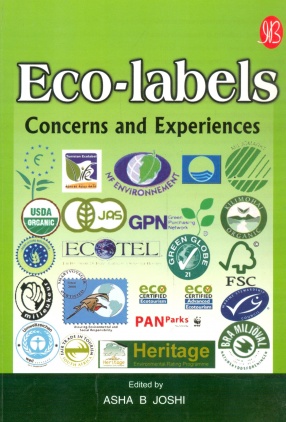
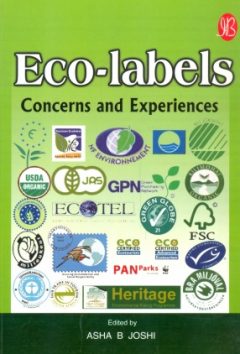
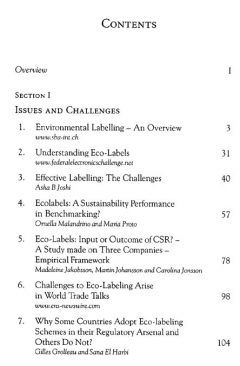
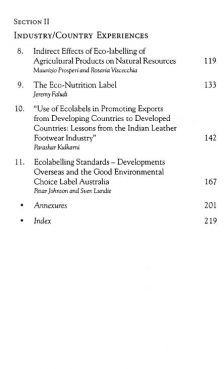
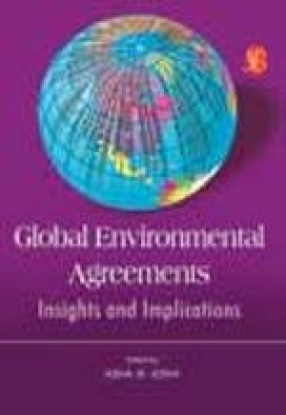


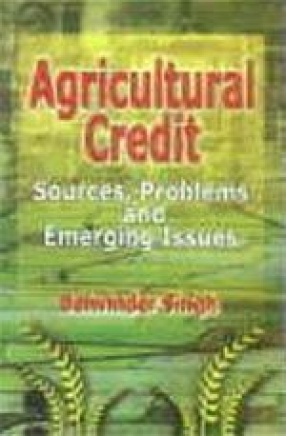
There are no reviews yet.